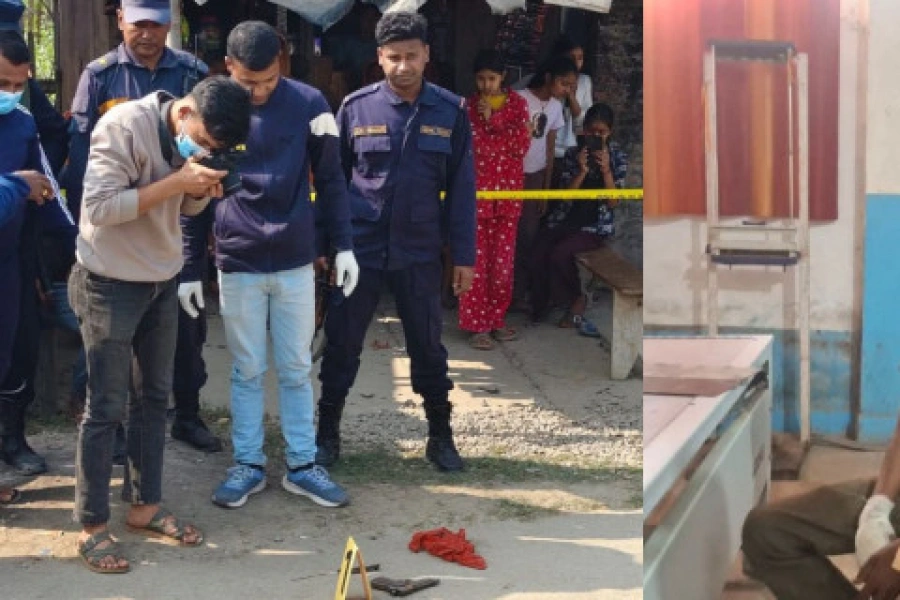Time has come to take movement for social justice forward by bringing in political parties to stand for it
“Rage Against Rape” movement started in January 2018 in Nepal to bring the rampant cases of rape, violence against girls, women and children to the notice of media, citizens and the government. Started by a group of dedicated and concerned individuals after the Godamchaur (Lalitpur) and Landmark Hotel (Kathmandu) rape cases, the movement has taken a structured and intense path after the brutal rape and murder of Nirmala Panta in Kanchanpur on July 26, 2018. #JusticeForNirmala started trending on social media and the group further expanded. It has been holding a series of activities like mass rallies in various parts of the country.
The group has always advocated justice for rape victims/survivors and their families. This group has women and men from various fields, leaving behind their professional affiliation and political association, belief or inclination. Termed as committed activists, they have managed to bring critical details to the case of Nirmala Panta, capture the attention of media and the state regarding the failure to provide justice on the cases like Godamchaur rape in November 2017, rape and murder of Ms KC in Pokhara in August 2018, Ms Chaudhary in Mahottari in August 2018 and many more. This has also resulted in the group addressing media and how the narrative of the incidents should change to bring about awareness in the society.
Break taboos to reinstate rape victims

The state has clearly failed to conduct investigation in a proper manner. With the federal structure in place, it has defined the roles of provinces, of respective chief ministers, police chiefs of provinces and heads of other state mechanisms. But it is evident from the case of Nirmala Panta that the very state mechanism, which should carry the investigation without any biases, has managed to destroy critical evidences. Accountability of the state is clearly lacking in this case.
We have good laws to punish the rapists. If they are implemented, and they should be, justice is possible. Let us not forget the case of Bara where on February 20, 2015, a seven years old girl was brutally raped and was left to die. She died on March 11, 2015 in Kanti Hospital due to severe injuries on her body. The locals marched on the street with her body, refusing to conduct the last rites and “Beti Bachau” (save your daughters) movement instantly followed. After seven days of citizens’ protest, the family and the locals cremated her body due to a landmark decision regarding rape and murder in the history of Nepal.
The case was registered in the Bara District Court where Honorable Judge Lipta Bahadur Thapa held continuous hearing for seven hours and the culprit was found guilty of rape and murder on the same day. He was sentenced to 15 years for rape and 20 years for the murder totaling to 35 years in jail. This shows that “FastTrack” process for rape is possible in Nepal.
One of the questions facing us today is whether to allow non-political movement like #RageAgainstRape and #JusticeForNirmala to take a political course. As the incidents of rape are on the rise time has also come to take this movement for social justice also by bringing in political parties to stand for this cause. The issue should not be political but the impact and the implementation of the law can and will have to be political. Political spectrum can pressure the higher body of the state.
We need to make political parties fight for the social cause in “apolitical” manner. That way we may be able to make the state heed the call for justice.
Twitter: @himabista








































